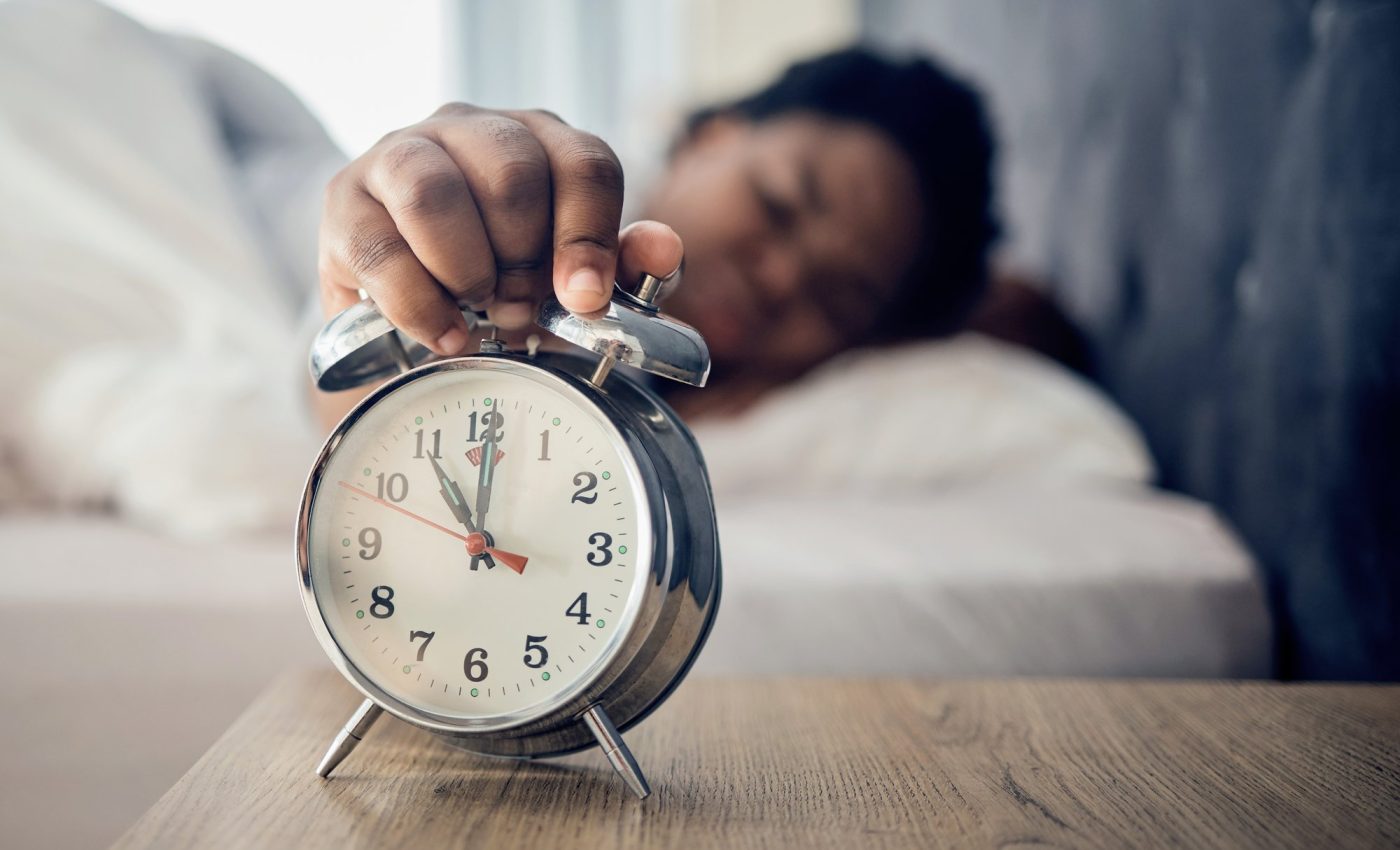
Daylight saving time causes unhealthy lifestyle choices
Who hasn’t cursed at their alarm clock when it’s time to “spring forward” and lose an hour of precious sleep? We all do it, but have you ever stopped to wonder what impact daylight saving time change may have on your lifestyle – particularly your health?
A team of researchers from North Carolina (NC) State University, University of Manitoba, Bern University of Applied Sciences, University of South Carolina, and California Baptist University (CBU) decided to take a closer look.
The aim of their study, aptly titled “Spring Forward = Fall Back? The Effect of Daylight Saving Time Change on Consumers’ Unhealthy Behavior,” was to determine whether the onset of daylight saving triggers consumers to engage in unhealthy behaviors.
Daylight saving – A blessing or a curse?
Most of us in the United States change our clocks twice a year. That transition “springing forward” certainly gets a fair share of grumbling with the loss of an hour of sleep. It seems the loss of sleep could be just the tip of the iceberg.
This study utilized two unique disaggregate level datasets to capture consumer behavior regarding snack consumption and fitness center visits.
The team compared calorie consumption from packaged snacks and visits to fitness centers across two sets of customers: those affected by the onset of daylight saving time and those unaffected. The results were quite enlightening.
The bitter truth about sweet cravings
The research showed that calorie consumption from mainly unhealthy snacks increases after the time change. On top of that, visits to fitness centers decline.
This effect is amplified during the evening hours and on cloudy days. It appears the lack of sleep caused by that one-hour setback begins to take a toll on our self-control, leading to less healthy consumption behavior.
What about falling back?
You’d think that gaining an extra hour of sleep when we transition from daylight saving time to standard time (during fall) might have a positive effect on eating habits.
Interestingly, the study found that the fall transition had no effect on calories consumed from unhealthy snacks.
These findings make a strong case for policymakers to consider ending the biannual time changes. From a consumer well-being perspective, the researchers suggest that public health campaigns promoting healthy eating and exercise might be particularly necessary around the time change.
For consumers, the findings are a call to action. We need to emphasize self-control strategies, like avoiding stocking up on unhealthy snacks before the time change.
Fitness center members might find it beneficial to plan activities close to the center to reduce the effort required to visit it following the time change. Those of us who are susceptible to self-control failures might benefit from seeking support from peers and platforms incentivizing healthy behavior.
Technology in various industries
“Our study indicates that the onset of daylight saving time is an obstacle to consumers’ health goals, suggesting that policy makers should continue trying to end the time changes. Further, from a consumer well-being perspective, public health campaigns promoting healthy eating and exercise might be especially necessary around the time change,” noted the researchers.
Novel technologies, such as smart circadian lighting systems, might help consumers reset their circadian clocks less disruptively. Apps designed to reduce jet lag for travelers can also be used to minimize the effect of the time change.
For firms in health-related industries, these insights can be utilized to anticipate demand and serve their customers better around the onset of daylight saving time.
For instance, fitness centers could offer promotions like free coffee or competitions to counter consumers’ tendency to skip exercising after the time change.
Adapting to daylight saving time
As the clock springs forward, why not embrace some smart strategies to adapt smoothly to the new schedule?
Start by gradually adjusting your sleep patterns a few days before the switch to ease the shock to your circadian rhythm.
Once the change kicks in, stay ahead of cravings by focusing on hydration and nutrient-dense foods. Plus, committing to an exercise routine, even a brisk walk, can boost your mood and energy.
While the debate on whether to keep or abolish daylight saving continues, what’s clear is that we need to be mindful of our health around these time changes. So, the next time the clocks spring forward, perhaps think twice before reaching for that bag of chips.
The study is published in the Journal of Marketing.
—–
Like what you read? Subscribe to our newsletter for engaging articles, exclusive content, and the latest updates.
Check us out on EarthSnap, a free app brought to you by Eric Ralls and Earth.com.
—–













